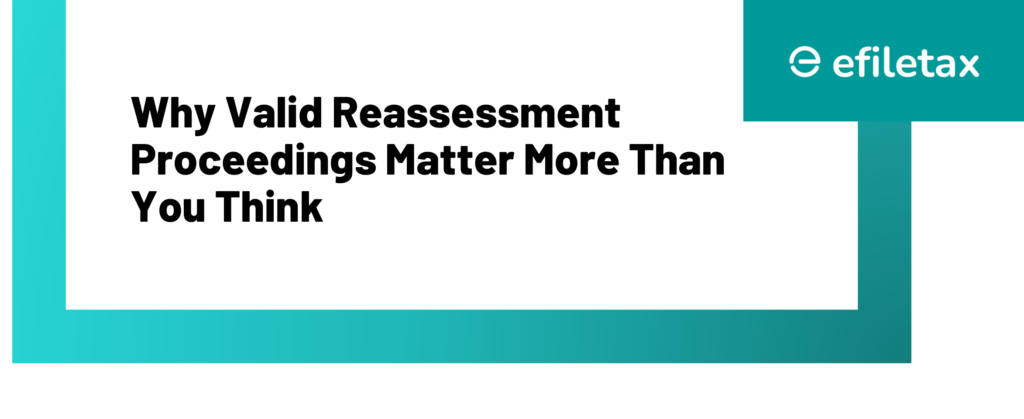
Introduction: What Does Valid Reassessment Proceedings Mean?
Valid reassessment proceedings refer to the lawful reopening of an already completed income tax assessment. Recently, a High Court upheld the reassessment initiated by the Assessing Officer (AO), confirming that the reopening aligned with existing statutory provisions. This brings clarity for Indian taxpayers and businesses navigating reassessment notices.
Background: Why Was the Reassessment Challenged?
- The taxpayer questioned the reopening under Section 147 of the Income-tax Act, 1961.
- They argued there was no “reason to believe” that income had escaped assessment.
- They also challenged procedural lapses during reopening.
High Court Ruling:
The Court found that the AO had credible material and followed statutory procedures, validating the reassessment.
Reference:
- Section 147 read with Section 148 of the Income-tax Act, 1961
Legal Basis for Valid Reassessment Proceedings
| Provision | Key Requirement | Court’s Observation |
|---|---|---|
| Section 147 | Reason to believe income escaped assessment | AO had tangible material, not mere suspicion |
| Section 148 | Issuance of valid notice before reassessment | Procedural compliance was met |
| Section 149 | Time limit for reopening | Action within permissible period |
From the HC Judgment
- Tangible Material: Mere change of opinion not allowed, but fresh evidence permits reassessment.
- Due Process: Mandatory prior approval obtained where required.
- Reason Recording: AO properly recorded reasons before reopening, satisfying legal standards.
How to Respond to a Reassessment Notice
- Seek a copy of recorded reasons from the AO.
- File objections before assessment proceedings start.
- Keep all documentary evidence ready to counter allegations.
- Appeal in case of procedural lapses like absence of fresh material.